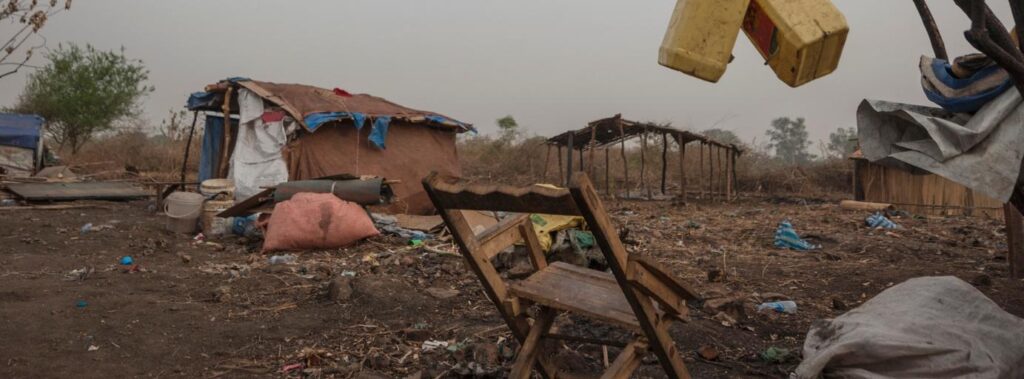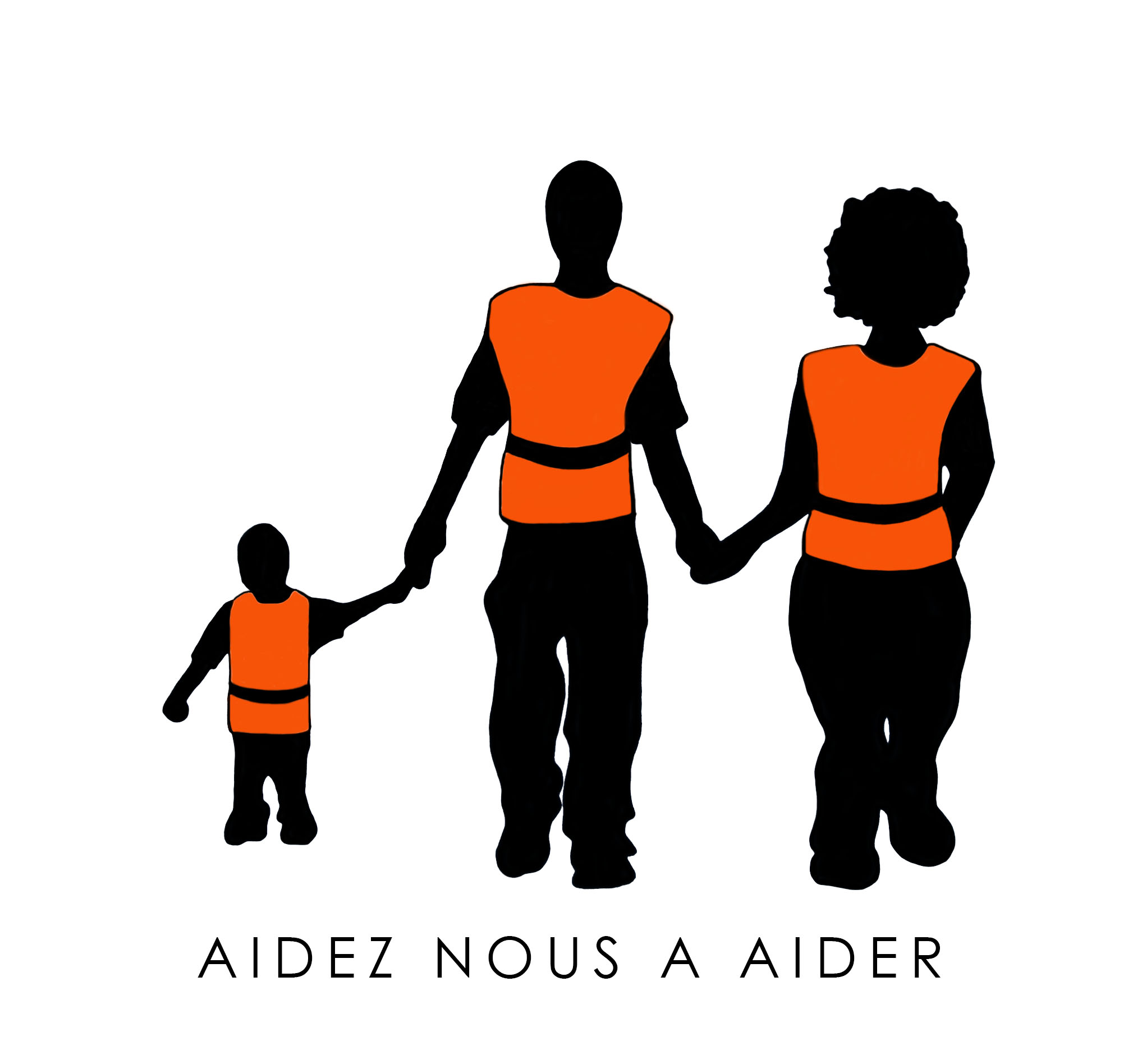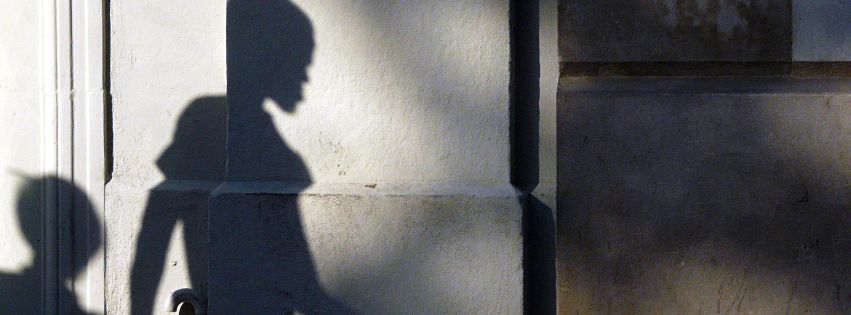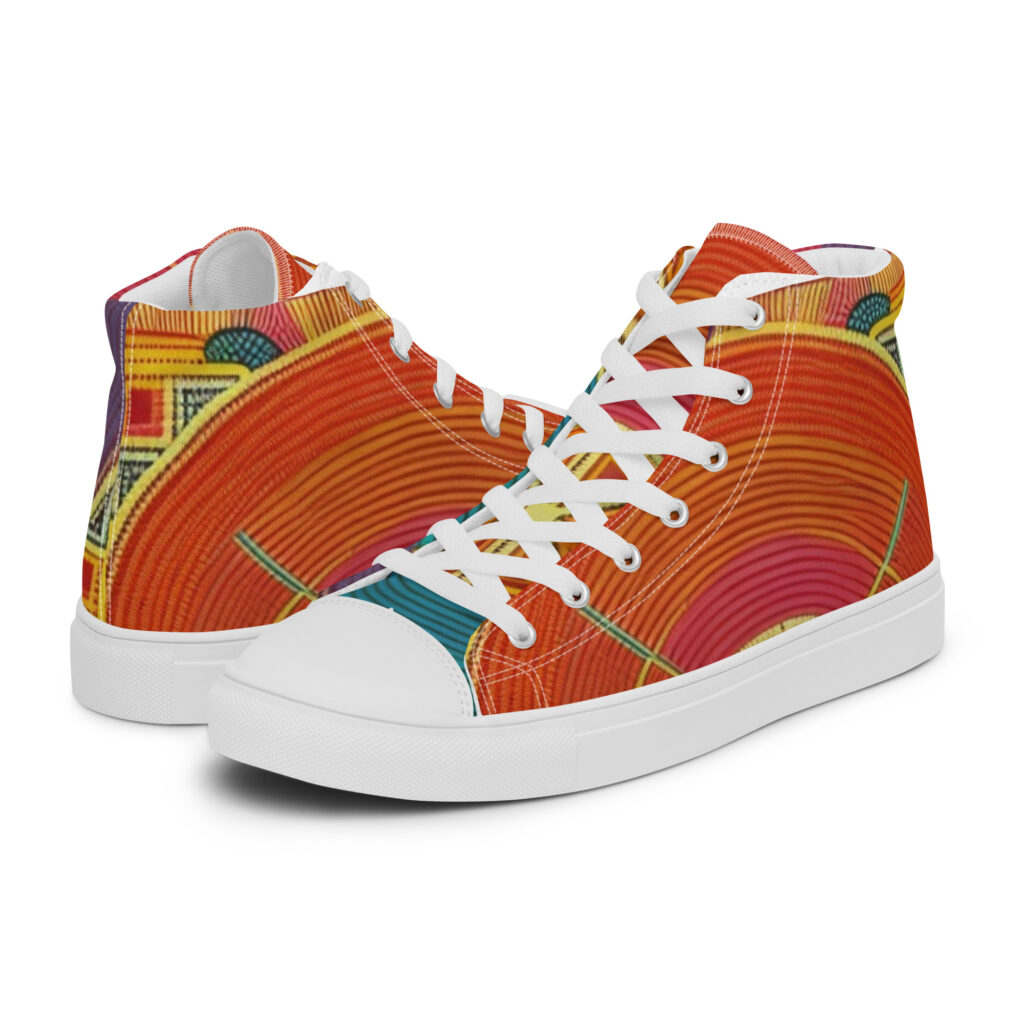Involuntary relocation, often referred to as forced displacement, is a phenomenon that affects millions of individuals worldwide, compelling them to leave their homes due to various factors such as conflict, persecution, economic hardship, or environmental disasters. In the context of migration in Morocco, involuntary relocation takes on particular significance as the country serves as a transit point for many migrants seeking passage to Europe.
In Morocco, migrants frequently encounter precarious circumstances marked by a multitude of challenges, spanning from exploitation to human rights violations. These challenges stem from the complex dynamics of migration, as well as the socio-economic realities of both the migrants and the host country. In response to the increasing influx of migrants, particularly those seeking passage to Europe, the Moroccan government has enacted policies designed to regulate and manage migration flows within its borders.
One notable aspect of these policies involves the relocation of migrants from informal settlements and urban areas to designated reception and transit centers. These centers are established with the aim of providing temporary accommodation, basic services, and assistance to migrants while their cases are processed or while they await further arrangements. The intention behind such relocation efforts is often framed within the context of addressing public safety concerns, improving living conditions for migrants, and ensuring better management of migration flows.
However, the implementation of these forced relocation policies is not without its challenges and criticisms. While some migrants may benefit from access to shelter and basic services in these centers, others may experience further vulnerabilities and hardships. Reports from human rights organizations and advocacy groups highlight instances of overcrowding, inadequate living conditions, limited access to healthcare and legal assistance, and instances of coercion or force during the relocation process.

Also Read: Migration and Technology
Furthermore, the relocation of migrants from urban areas to remote or isolated centers can exacerbate their social isolation, restrict their access to livelihood opportunities, and limit their ability to engage with local communities or support networks. For migrants who have endured perilous journeys and faced numerous obstacles along the way, being relocated to such centers can further compound their sense of uncertainty and marginalization.
While the Moroccan government’s efforts to manage migration flows through relocation policies may be motivated by a desire to address various challenges associated with irregular migration, it is crucial to ensure that these policies are implemented in a manner that upholds the rights and dignity of migrants. This entails adopting a rights-based approach that prioritizes the protection, well-being, and integration of migrants, while also addressing the root causes of forced displacement and irregular migration. Additionally, meaningful engagement with civil society organizations, international partners, and migrant communities is essential to ensure transparency, accountability, and respect for human rights in the implementation of migration policies and practices.
The process of relocating migrants in Morocco is often fraught with coercion and trauma, as authorities resort to heavy-handed tactics to compel compliance. In their efforts to enforce relocation policies, authorities may employ arbitrary detention, intimidation tactics, and the confiscation of belongings, amplifying the vulnerability and distress of already marginalized individuals.
Arbitrary detention is frequently used as a means to detain migrants without due process, leaving them without legal recourse or protection. This practice not only violates their basic human rights but also exacerbates their sense of powerlessness and insecurity. Intimidation tactics, such as threats of violence or deportation, further instill fear and discourage resistance among migrants, coercing them into compliance with relocation directives.
When migrants attempt to reach Europe and are intercepted by authorities, or if they are found in northern Moroccan cities without proper documents, they often face a grim reality: involuntary relocation. In such instances, police officers frequently detain these individuals and then transport them to southern regions of Morocco via buses. This process is often carried out without the consent of the migrants, hence the term “involuntary relocation.”

Also Read: Detention and Deportation
The journey from the northern cities, where many migrants gather in hopes of finding a way to Europe, to the southern parts of Morocco can be arduous and distressing. It not only separates migrants from their desired destination but also displaces them from the networks and resources they may have established in the north. Additionally, the conditions in southern Morocco may be less conducive to migrants’ needs, exacerbating their vulnerability and uncertainty.
The practice of involuntary relocation underscores the challenges and complexities of migration management in Morocco. While authorities may justify these actions as part of efforts to maintain order and security, they often overlook the human rights and dignity of migrants. The lack of transparency and accountability in the process further compounds the difficulties faced by migrants, who are often left without recourse or support.
Furthermore, involuntary relocation perpetuates a cycle of displacement and marginalization, as migrants are repeatedly uprooted and relocated without adequate consideration for their well-being or rights. This approach fails to address the underlying factors driving migration or to provide viable solutions for those in need of protection and assistance.
Perhaps most alarming is the confiscation of migrants’ belongings, including their shoes, during raids or operations to relocate them. This practice is not only dehumanizing but also strategically aimed at stripping migrants of their mobility, dignity, and sense of identity. Without their shoes, migrants are rendered physically vulnerable, unable to navigate rough terrain or protect themselves from the elements. Moreover, the confiscation of personal belongings deprives migrants of essential items necessary for survival and comfort, further deepening their sense of despair and helplessness.
The confiscation of shoes symbolizes a broader pattern of abuse and disregard for the rights and well-being of migrants in Morocco. It underscores the systemic barriers and injustices faced by migrants, who are often viewed through a lens of suspicion and treated as expendable commodities rather than as individuals deserving of dignity and respect.
Addressing these systemic issues requires a concerted effort to uphold the principles of human rights, dignity, and justice for all migrants. Authorities must be held accountable for their actions, and policies should be implemented with sensitivity to the needs and vulnerabilities of migrants. Additionally, greater collaboration between government agencies, civil society organizations, and international partners is essential to ensure the protection and well-being of migrants and to create a more inclusive and compassionate society for all.
The confiscation of shoes serves as a means of exerting control and demoralizing migrants, leaving them vulnerable and exposed to the harsh realities of their situation. Without adequate footwear, migrants are unable to travel safely or protect themselves from the elements, further deepening their sense of helplessness and dependency on authorities. Despite the challenges and abuses faced by migrants in Morocco, there exists a powerful narrative of resilience, solidarity, and grassroots activism aimed at supporting and advocating for their rights. Civil society organizations, grassroots movements, and local communities play a pivotal role in providing essential assistance, protection, and advocacy for migrants, challenging oppressive policies and demanding accountability from authorities.
One innovative initiative undertaken by our organization is to empower migrants by involving them in the design and creation of shoes through the use of accessible tools such as the application Canva. By harnessing their creativity and skills, migrants are given a platform to express themselves and contribute to a tangible product. These shoes are then sold on our online store, with a portion of the proceeds allocated to the migrant designers, providing them with a source of income and economic empowerment.
The symbolism behind this initiative is profound. Through the act of designing shoes, migrants reclaim agency and assert their identity in a context where they are often marginalized and disempowered. Shoes, as a universal symbol of mobility and freedom, carry layers of significance for migrants who have been deprived of their basic rights and subjected to forced relocation and confiscation of belongings. By designing shoes, migrants not only assert their right to self-expression but also symbolically reclaim their mobility and dignity.
Moreover, the collaborative nature of this initiative fosters solidarity and mutual support among migrants and their allies. It embodies the spirit of community resilience and collective action, transcending boundaries of nationality, ethnicity, and status. By amplifying the voices and talents of migrants, we challenge dominant narratives that portray them solely as victims or burdens, and instead highlight their agency, creativity, and contributions to society.
In essence, initiatives such as this not only provide practical support to migrants but also serve as powerful tools for advocacy and social change. By amplifying the voices and agency of migrants, we challenge oppressive structures and advocate for a more inclusive and just society where the rights and dignity of all individuals are upheld and respected. Through solidarity and collective action, we strive to create a world where every person, regardless of their background or status, can thrive and fulfill their potential.
In conclusion, involuntary relocation and the experiences of migrants in Morocco highlight the urgent need for comprehensive and rights-based approaches to migration management. It is essential for governments to uphold their obligations under international law, respect the dignity and rights of all migrants, and ensure access to protection, support, and justice for those in need. Only through concerted efforts to address the root causes of forced displacement and to protect the rights of migrants can we create a more just and humane world for all.





